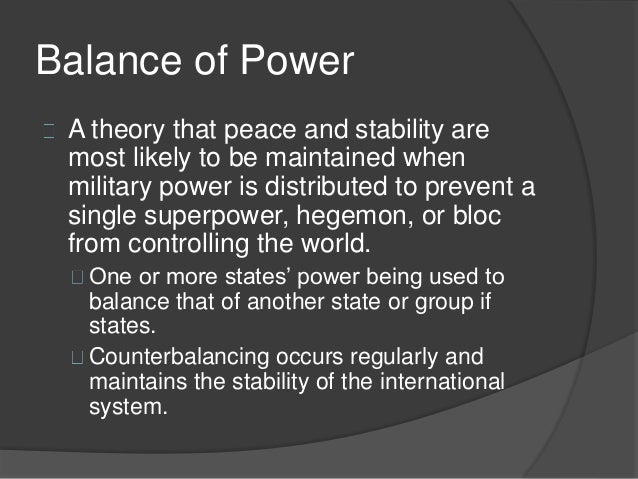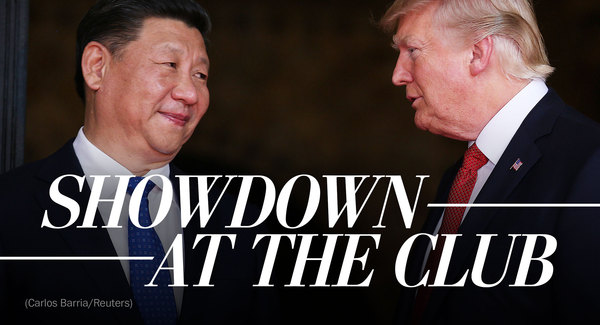CHINA MINUS TIBET EQUALS TO POWER EQUILIBRIUM IN SOUTHERN ASIA
To deal with problems of Red China's Economic, Political, Military, Maritime, and Nuclear Expansionism, I have to address the problem of Red China's Territorial Expansionism. Red China gained 965, 000 square miles of Tibetan Territory through military occupation. In terms of size, Tibet is the second largest nation in Southern Asia, almost as large as Republic of India( over 1, 269, 221 square miles).












